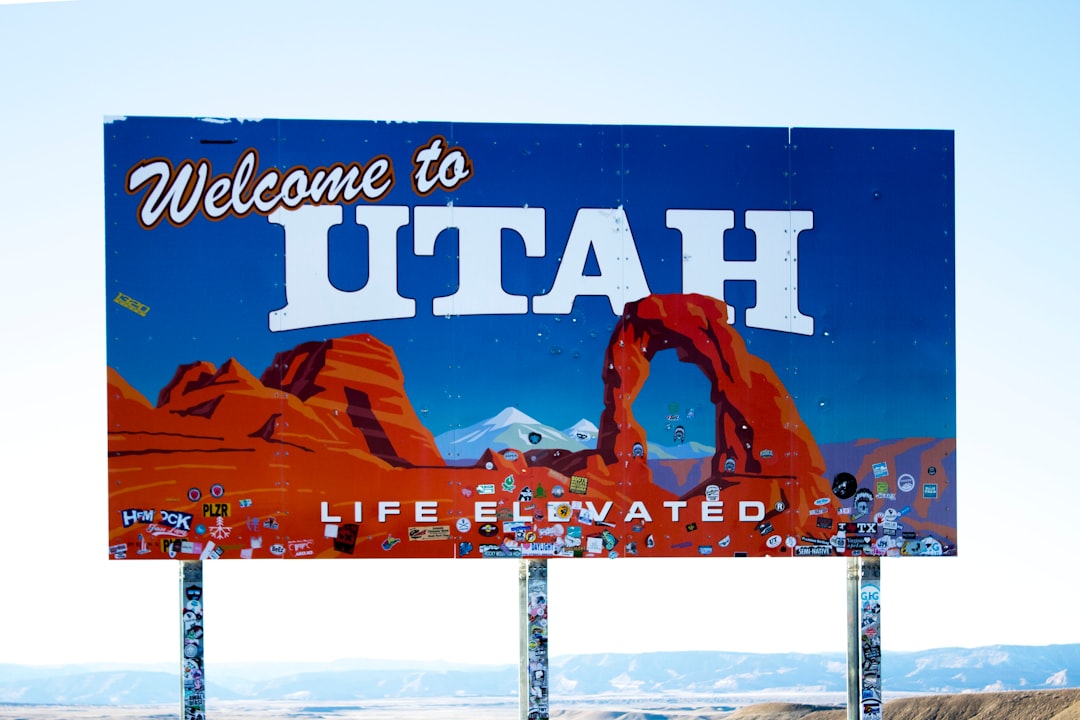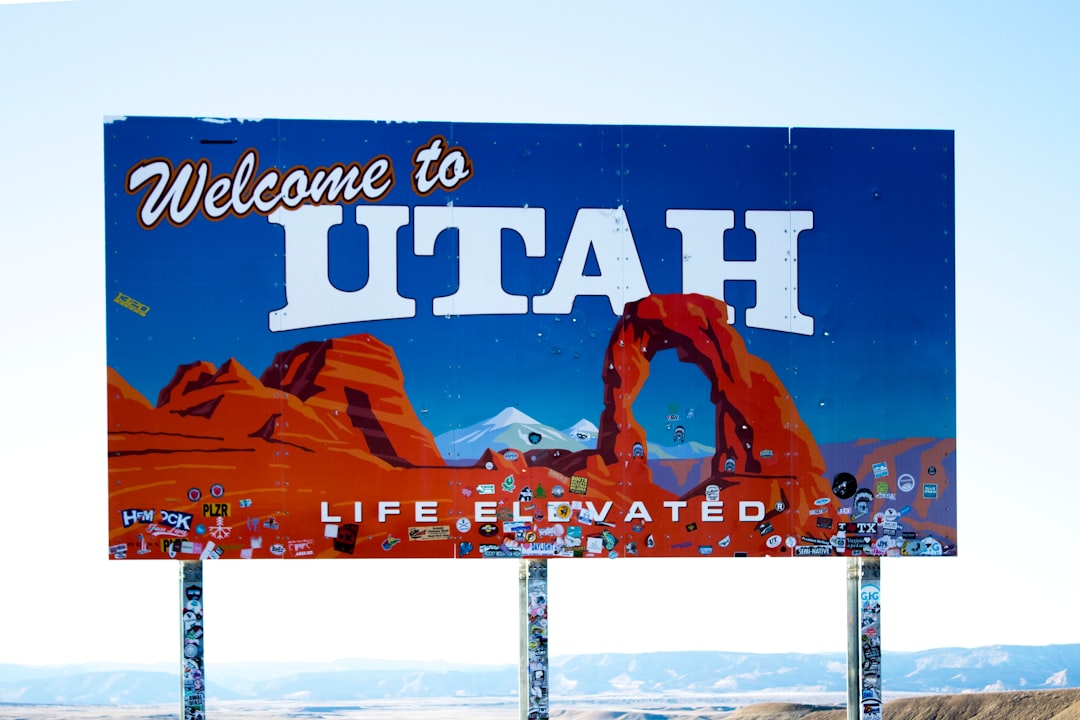In Utah, particularly Provo, businesses using telemarketing or automated calling systems (autodialers) must adhere to strict "Do Not Call" (DNC) regulations to protect consumers from unwanted calls. Violating these laws can lead to significant penalties and legal issues. Autodialler attorneys in Utah are essential for guiding companies through these complexities, ensuring compliance with state laws, and avoiding financial losses and lawsuits. Non-compliance damages company reputation as privacy and consent rights become more important to consumers. For guidance, consumers facing autodialer issues should consult autodialer attorneys Utah.
“As a business owner in Provo, staying informed about Do Not Call regulations is crucial to avoid severe consequences. This comprehensive guide delves into Utah’s legal landscape regarding telemarketing laws, focusing on autodialer usage. We explore the potential fines, reputation damage, and legal repercussions of violations, emphasizing the importance of compliance. Learn best practices for adherence, including regular audits and seeking expert advice from autodialer attorneys in Utah to safeguard your business.”
Do Not Call Regulations: A Legal Overview for Utah Businesses

In Utah, including Provo, businesses engaging in telemarketing or automated calling activities are subject to specific regulations, particularly those related to the “Do Not Call” lists. These rules aim to protect consumers from unwanted and excessive phone calls by ensuring businesses obtain prior consent for such communications. The Do Not Call (DNC) list is a robust legal framework that prohibits commercial callers from contacting numbers listed on the registry without express permission.
Business owners in Utah must understand that violating these DNC regulations can lead to significant consequences, including financial penalties and legal liabilities. Autodialler attorneys in Utah play a crucial role in guiding businesses through these legalities. They help ensure compliance with state laws, which include specific rules for automated calling systems, such as the use of an autodialer. By seeking professional advice, businesses can navigate the complex landscape of DNC regulations, thereby avoiding costly mistakes and potential lawsuits.
– Understanding the scope and purpose of do-not-call laws in Utah.

In Utah, including the city of Provo, do-not-call laws are designed to protect residents from unsolicited phone marketing calls, often referred to as telemarketing. These regulations are in place to ensure that businesses respect consumers’ privacy and minimize unwanted contact. The scope includes restrictions on automated dialing systems or autodialers, which can lead to significant fines and legal repercussions for non-compliance.
Business owners operating in Provo need to be particularly vigilant regarding these laws, especially when utilizing telephone marketing strategies. Engaging the services of autodialer attorneys Utah can provide much-needed guidance to navigate this complex area of legislation. Such legal experts can help ensure that your business adheres to the rules, thereby avoiding costly mistakes and maintaining a positive relationship with Provo’s consumer protection authorities.
– Key regulations to be aware of, particularly those targeting autodialer usage.

In Provo, as in many places across the nation, direct marketing practices are regulated to protect consumers from unwanted calls, with a special focus on autodialers. The Do Not Call Registry is a significant aspect of this regulation, and businesses must be especially vigilant regarding its usage. If an autodialer is employed without proper authorization or in violation of the Do Not Call laws, it can lead to severe consequences for business owners in Utah.
Key regulations to watch out for involve obtaining explicit consent before using autodialers and respecting consumer choices to opt-out. Businesses facing autodialer attorney lawsuits in Utah should be prepared to demonstrate compliance with these rules. Non-compliance not only incurs legal penalties but also damages a company’s reputation, as consumers increasingly value their privacy and consent rights.






